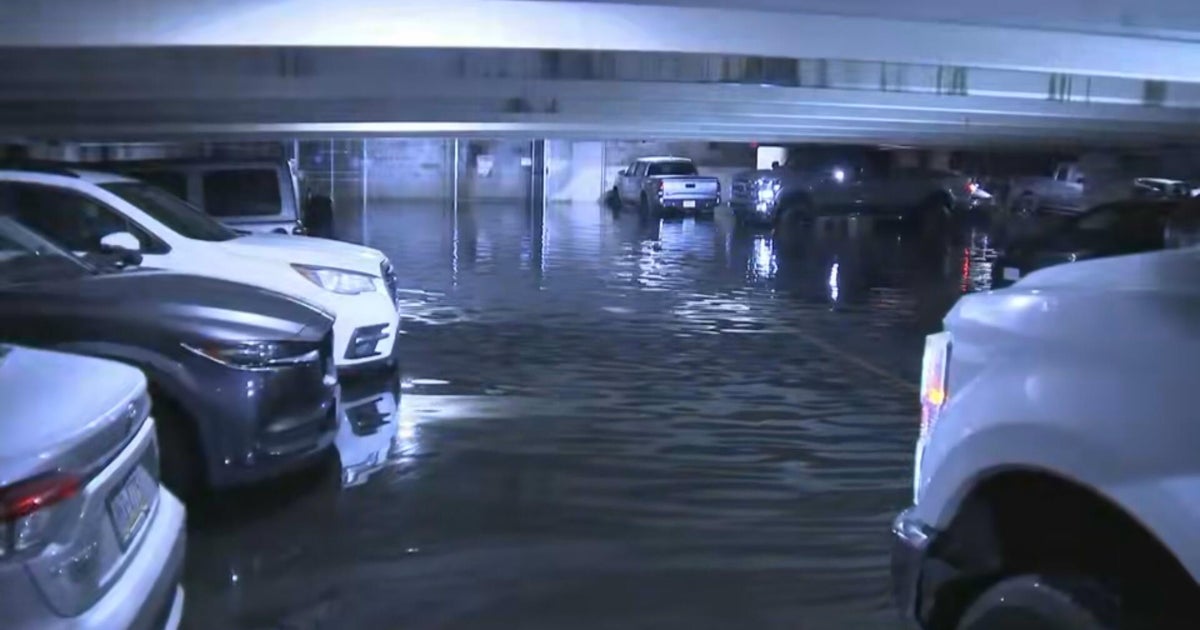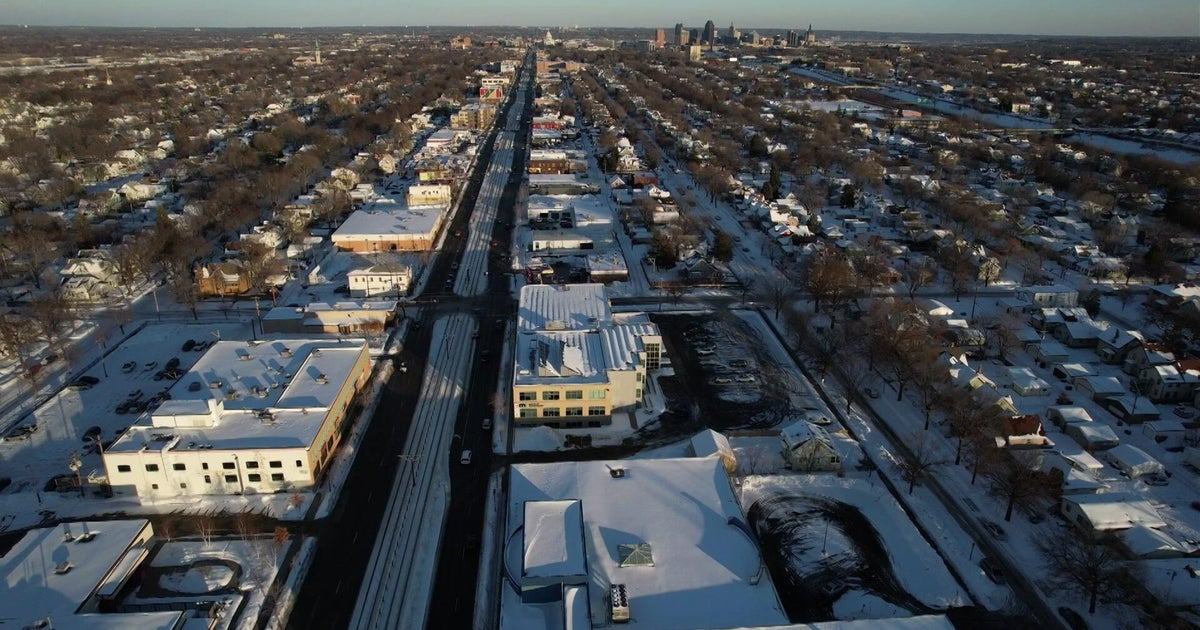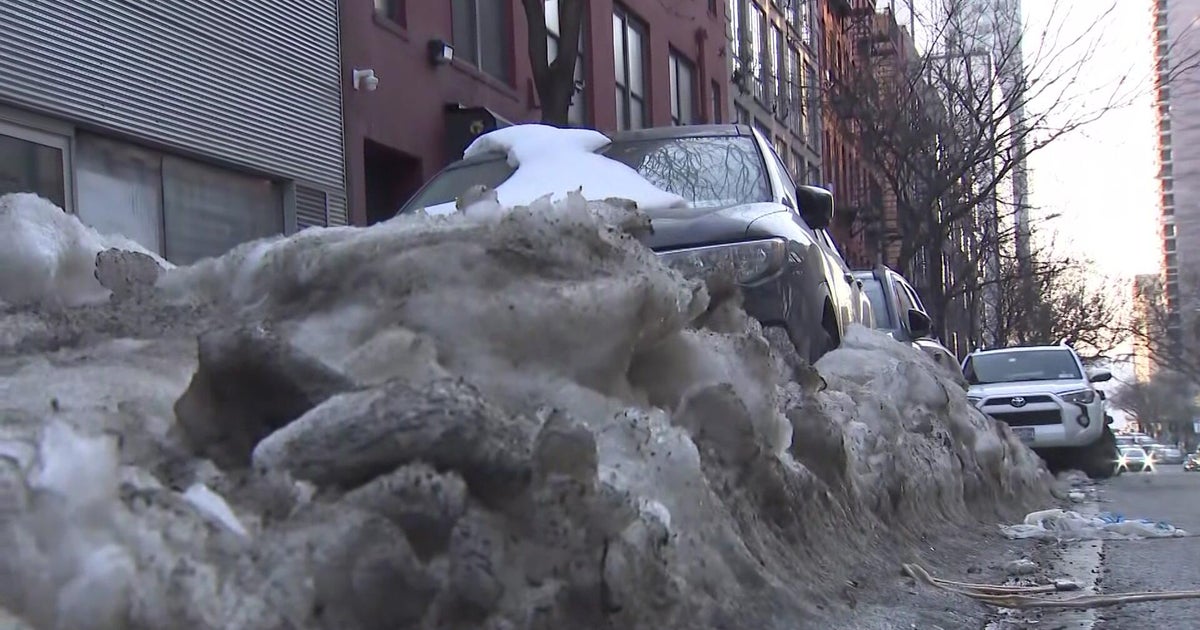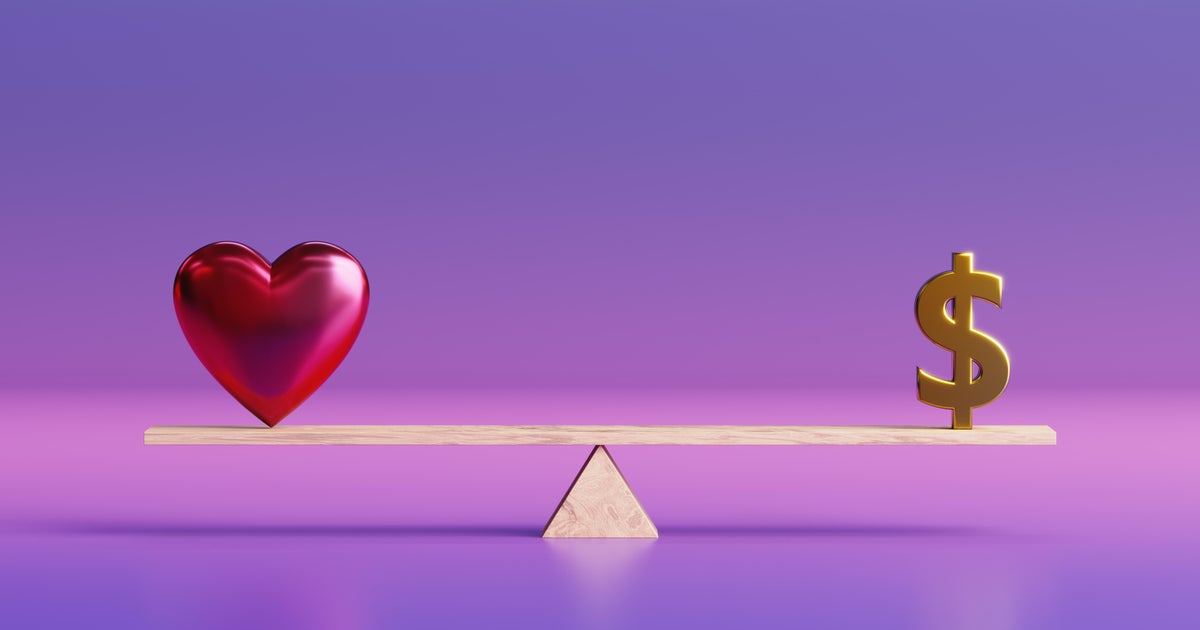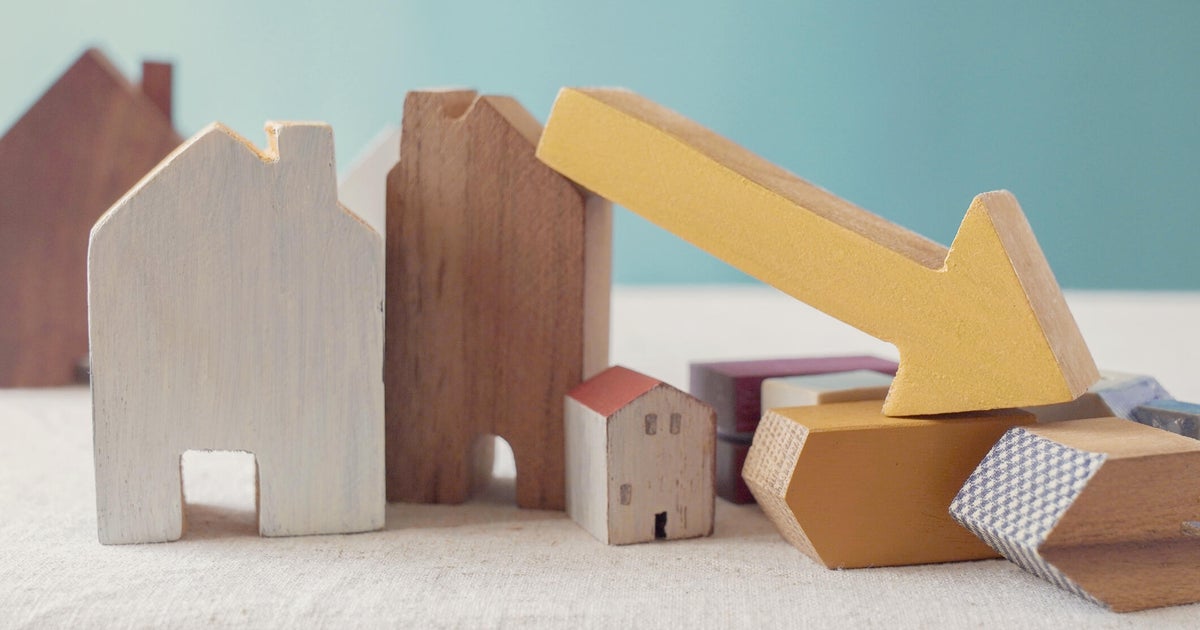Could Inflation Lead To A Recession?
MINNEAPOLIS (WCCO) - From gas pumps to grocery aisles, the cost of virtually everything we buy keeps going up.
Consumer prices jumped 8.5% year-over-year last month. It's the biggest spike since 1981.
So could inflation lead to a recession? Good Question.
It's not the news you want to hear as you reach for extra cash to fuel up your car or load up your grocery cart.
"Deutsche Bank is one of the first big Wall Street financial firms to forecast the U.S. will see a recession next year," said CBS News last week.
A gloomy prediction Deutsche Bank doesn't hold alone. Bankrate surveyed its top economists. One-third of them agree that a recession is on the way.
It hinges on the Federal Reserve Bank's plan to slow inflation. The concern is the Fed could trigger a recession by doing so.
"Not every single recession is going to be like the Great Recession," said Emma Johnson, a business journalist who helps single parent families better manage money through her website, Wealthy Single Mommy.
Why is it that attacking inflation can lead to a recession?
"A way to keep those prices more manageable for the everyday American is to raise interest rates," said Johnson, describing the Fed's plan.
That means your mortgage payment, car payment, even credit card bill could get more expensive.
"It will discourage people from spending so much," she said.
And it's that slowdown pundits worry could create the next recession.
What happens during a recession?
"Your likelihood of not having a job is high. Whether you can't find a new job or you're losing your current job or now in the gig economy, your hours are being cut," Johnson said.
The stock market can slide, home prices could drop, and local governments lose out on tax revenue as people stop spending.
So what can people do to prepare for potential economic downturn? It starts with being frugal.
"I think a lot of the advice is often, you know, look for coupons, look for deals, buy bulk. Those are good advice, too, but the best savings advice I can give is just spend less," she said.
Spending less will in turn help people save more, especially for emergencies.
"Psychologically, there's something so comforting about knowing that you've got a couple thousand bucks in the bank that just can get you through rough times," she said.
Next, find another source of income such as a side job. It could also be helpful if the recession causes you to lose your main job. Sell unwanted or unused belongings like clothes or even jewelry.
And avoid major purchases if possible. Instead of buying a new car or appliances, opt to repair what you already have.
Whether the economy is booming or on the verge of busting, Johnson said these tips hold true.
"The advice is always the same. Be frugal, live within your means, appreciate what you have," she said.
Paying off debt is another way to prepare for a recession. Doing so can raise your credit score, which can help you land a loan at a better rate during an emergency.

